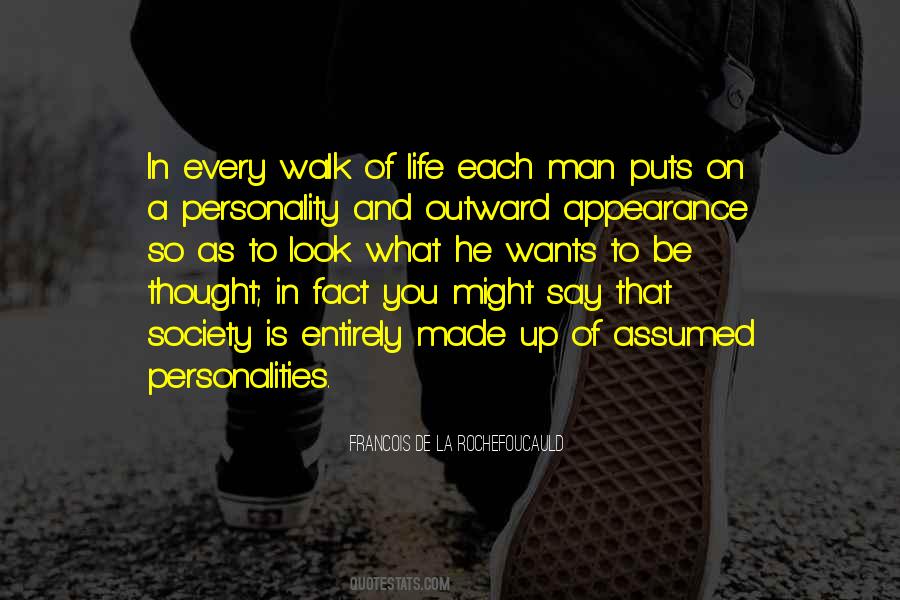

While Miriam, on the other hand, was "pure" (white) on the outside even though she had sinned and was impure on the inside. A paradoxical situation existed, as the Cushite woman was pure "on the inside" although she was black on the outside.
#Outward appearance skin
The Torah tells us that Miriam's skin was white as snow when she had leprosy the Chushite woman's skin was black. Perhaps by understanding Miriam's punishment we can understand the deeper meaning of her sin. Rashi mentions that Miriam was stricken and her punishment for her slander was "and behold Miriam was afflicted with leprosy like snow" (12:10). This is the only aspect of this woman mentioned in the Torah. A Cushite is, according to simple p'shat, a woman from Cush, a country whose natives are black-skinned. Miriam and Aaron spoke about the Cushite woman whom Moses took for a wife. How can the evil report of the Spies begin to be compared to Miriam's audacious act? Considering the differences between the two situations, one wonders why the Spies should have seen the connection and learned a lesson from Miriam's sin.ĭo you see any comparison between the two parshiyot?Īn Answer: If we look again at the section about Miriam and we look closely at Rashi's words, we can gain a better understanding. Since when is saying something bad about an inert object, like land, considered slander? Another point that could be made: Miriam spoke against the "man of God," Moses, the master of all prophets. Are they comparable cases?Ī Question: Miriam spoke slander against Moses the Spies gave an evil report about the Land. But as you think about the comparison between the Spies' behavior and Miriam's slander, you should have some questions. They should have learned the evils of slander from the fact that Miriam spoke slander against Moses, her brother, and was punished by God. On the basis of the idea of s'michos parshiyot, Rashi quotes a Midrash that criticizes the Spies. Send forth for yourself - RASHI: Why was the section of the Spies placed in juxtaposition to the section about Miriam? Because she was stricken on account of slander, which she spoke against her brother, and these sinners witnessed and yet did not take a lesson from it! "Send for yourself men who will search out the Land of Canaan which I am giving to the Children of Israel one man each from the tribe of his fathers, send each prince among them." Understanding the comparison in s'michot parshiyot give us an insight into the Spies' sin.

This parsha tells of the serious sin of the Spies and its fateful consequence – that the nation would wander in the Wilderness for a whole generation, so that none of those who had left Egypt would be privileged to enter Eretz Yisrael.


 0 kommentar(er)
0 kommentar(er)
